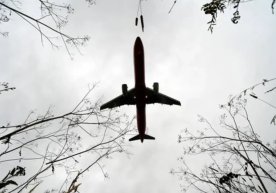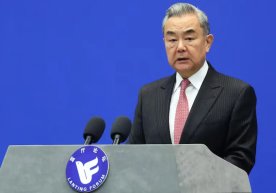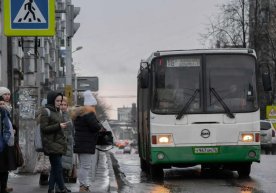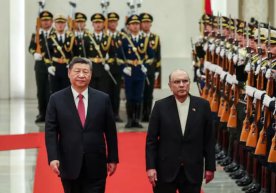The global race for talent is intensifying
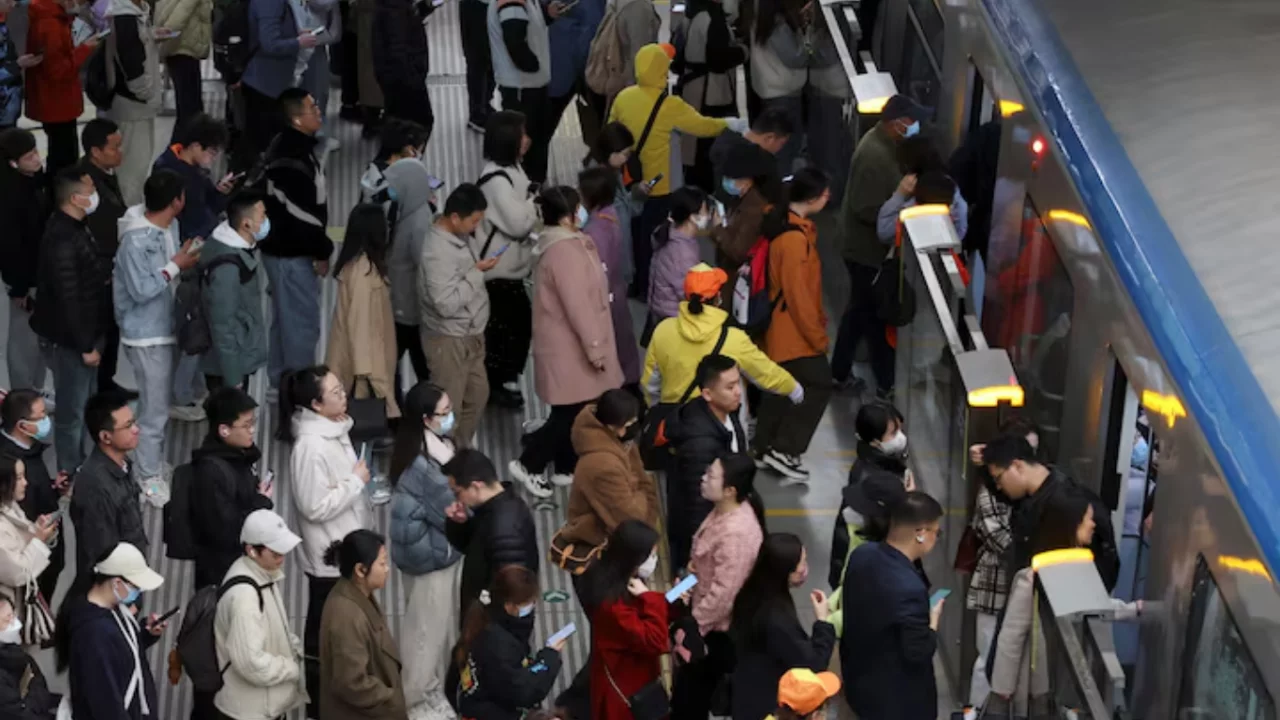
The next phase of the trade war between the US and China may no longer be about goods, but about control over human capital – engineers, tech experts, and scientists in the field of artificial intelligence. This tension recently surfaced again: iPhone manufacturer Foxconn called on hundreds of Chinese engineers and technicians working in India to return to China.
According to a July 2 report from Bloomberg, this decision may be part of a strategy by Chinese authorities to limit the outflow of knowledge and technology abroad. In January, reports emerged that Beijing had given verbal instructions to local governments and regulators to restrict the export of technologies and work in India and Southeast Asia.
This poses a serious problem for companies like Apple. The company is trying to reduce tariffs and geopolitical risks by shifting its production chains from China to India and Vietnam. According to Apple CEO Tim Cook, by the third quarter of 2025, the “majority” of products exported to the US will be manufactured outside China – specifically in India and Vietnam.
However, this relocation process will clearly be painful for China’s economy. Apple has created nearly 5 million jobs in China, with half of them in manufacturing. While blocking Foxconn and other manufacturers from sending staff abroad may seem beneficial in the short term, it could, in the long run, prompt retaliatory measures from India, including technological and diplomatic pressures.
Even more dangerous is the restriction of global movement of technological knowledge. China remains the global market leader in rare earth elements. These materials are crucial in the production of AI, electric vehicles, and modern military equipment. It has already been revealed that Beijing has completely banned the export of some technologies. Additionally, Chinese authorities are compiling lists of technical experts and restricting their travel abroad.
Caution is also increasing in the AI field. According to The Information in March, some employees of the Beijing-based startup DeepSeek were banned from traveling abroad. This shows how seriously China is working to retain its specialists and limit the outflow of knowledge. Chinese AI experts working in companies like Meta and other Silicon Valley firms hold significant strategic value for Beijing.
This method is not new – China has always tried to attract highly qualified professionals from other countries, especially Taiwan. For instance, renowned chip engineer Liang Mong Song left TSMC in 2017 to lead Shanghai-based SMIC. Such cases highlight China’s active role in the global race for talent.
As a result, the world is entering a global “cold war” not only for products, but also for knowledge, innovation, and intellectual capacity. This new battlefield between China and the US – the “war for talent” – may become the most important front of global technological competition in the coming years. Read “Zamin” on Telegram!
Ctrl
Enter
Found a mistake?
Select the phrase and press Ctrl+Enter 














